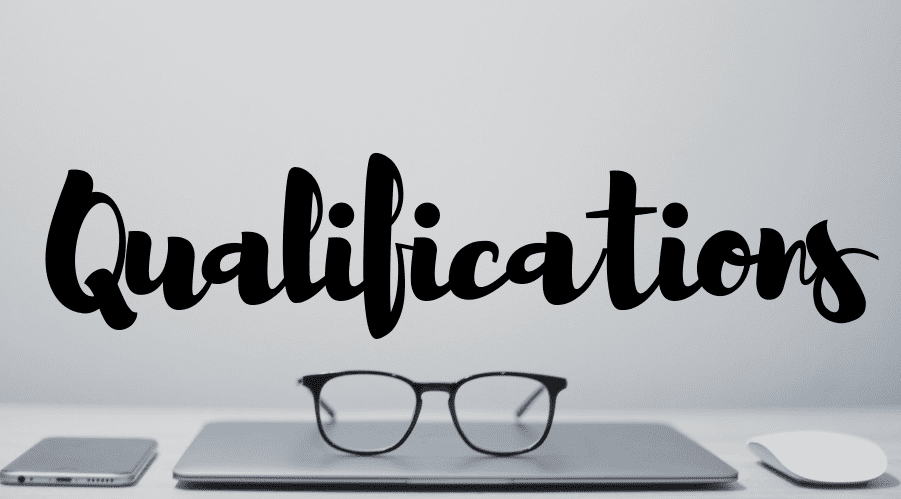Self-employed individuals have the opportunity to finance a new home in the form of bank statement loans. With this option, they no longer need to use tax returns. What they can do is provide the lender with a proof of income.
Anyone who can prove that they can repay what they owe can almost qualify for bank statement loans. Freelancers, entrepreneurs and small business owners are the most common types of people who apply for this type of loan.
What you need to take out a bank statement loan
Bank Statement Loans Requirements
Like other loans, a borrower needs to acquire some requirements to get approved. Here are some of the requirements you should know if you’re planning to apply for a bank statement loan:
1. A Proof of Income
This should be the first that you need to obtain. Financial institutions offer different bank statement mortgage loan programs to their clients:
- 12-Month Bank Statement – This loan would ask for statements for the last 12 months.
- 24-Month Bank Statement – This loan would ask for statements for the last 24 months.
Some institutions also offer a 1-month bank statement and would only require you to submit a recent bank statement for the last month. Find out how much you really need to know which type of loan you should apply for.

